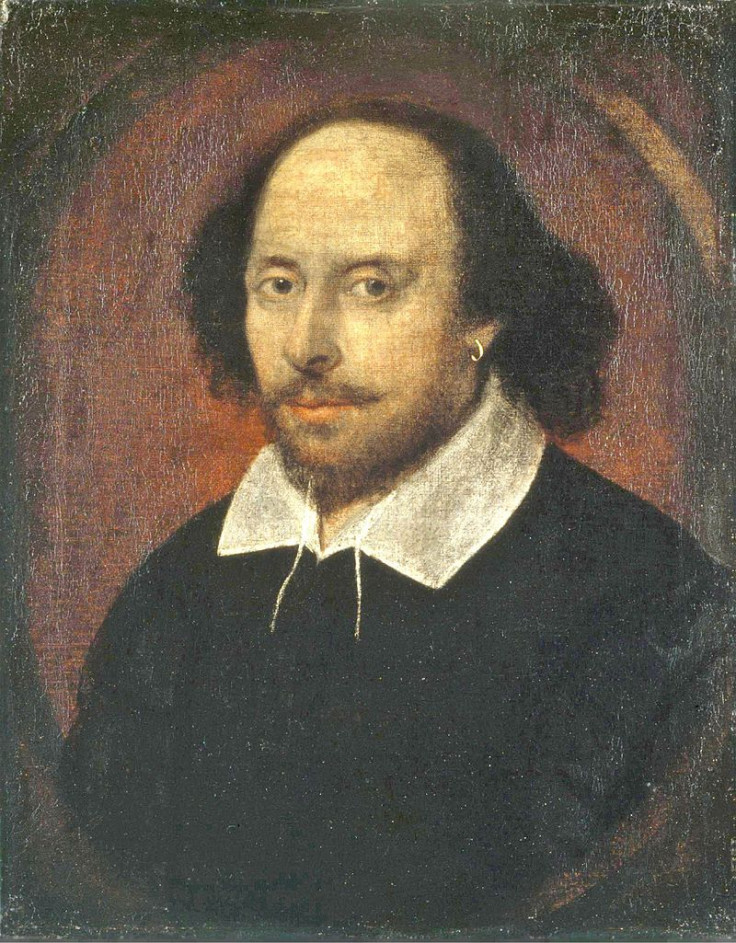Did Shakespeare Smoke Weed? Researchers Find Evidence Of Cannabis In Clay Pipe Fragments

Whether it’s caffeine or psychedelics, most artists have used some form of drug or stimulant when creating work. Now, researchers believe that the famous playwright and poet William Shakespeare was one of them. In a report published in the South African Journal of Science, scientists from the University of the Witwatersrand in Johannesburg, South Africa explain how they came to the conclusion that Shakespeare may have dabbled in cannabis on occasion.
Led by Professor Francis Thackeray of the Evolutionary Studies Institute, the researchers tested clay tobacco pipes found in Shakespeare’s garden in Stratford-upon-Avon, England. The clay pipe fragments are well over 400 years old, so the team had to use a particularly sensitive technique in order to identify the residues inside — a cutting-edge technology known as gas chromatography mass spectrometry. Among 24 pipe fragments, the researchers identified cannabis in eight samples, nicotine in one, and Peruvian cocaine from coca leaves in two.
Then, the researchers took the liberty of analyzing some of Shakespeare’s writing in Sonnet 76 — picking out parts that may or may not be associated with him smoking weed. “Shakespeare may have been aware of the deleterious effects of cocaine as a strange compound,” the researchers write. “Thackeray suggests that Shakespeare preferred cannabis as a stimulant which had mind-stimulating properties.”
For example, Thackery believes Shakespeare's phrase in Sonnet 76, “invention in a noted weed,” refers to weed as fuel for creative writing. Shakespeare also makes a reference to “compounds strange,” which might mean strange drugs like cocaine and cannabis (at the time, cannabis was condemned by the church).
“I think that Shakespeare was playing with words and [it] is probably a cryptic reference to cannabis,” Thackeray told CNN.
In the 16th and 17th centuries, people filled their pipes with tobacco — likely brought to England from Virginia via explorer and writer Sir Walter Raleigh. Some also smoked a "special tobacco" from Peru, which was actually cocaine, according to Herbal, a botanical encyclopedia written by John Gerard in 1597.
Interestingly, Thackeray has been on Shakespeare’s cannabis trail for some time now. An article posted on Cannabis Culture in 2011 states that Thackeray had previously attempted to remove Shakespeare’s remains from his tomb in order to test whether he had partaken in weed. And it appears that Thackeray’s attempts to exhume the playwright’s body are more recent as well, with him calling on the Church of England to allow his team rights to study Shakespeare's remains earlier this year.
But digging up dear Shakespeare’s bones might be a grave mistake for anyone involved. The Bard reportedly suffered from anxiety surrounding the mistreatment of corpses, and an apt warning is engraved on his current tomb: “Good frend for Jesus sake forebeare / To digg the dust encloased heare / Bleste be the man that spares thes stones / And curst be he that moves my bones.”



























